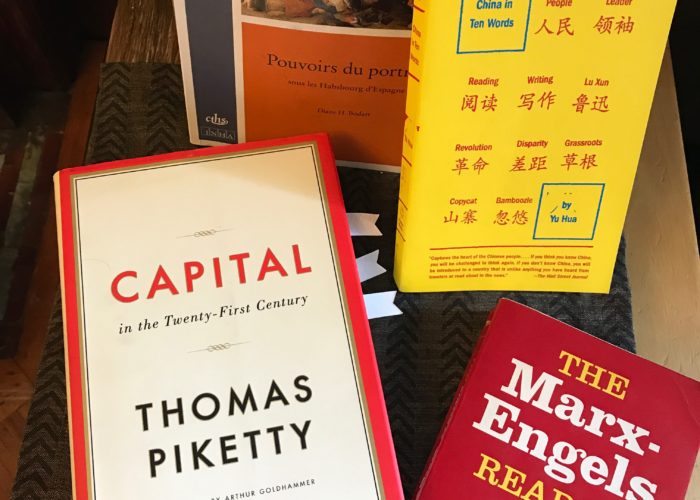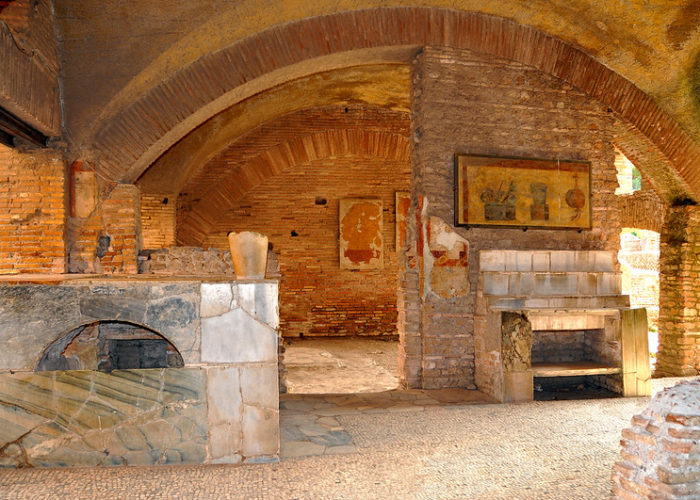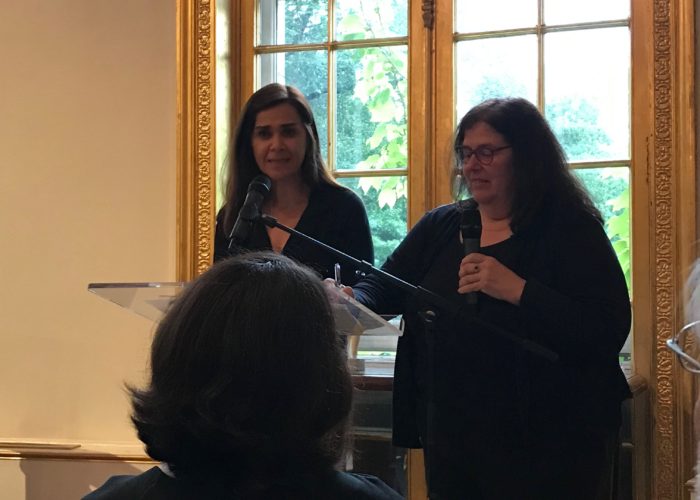One of the things I love about being a translator — and all the translators I know feel this way, too — is that I am always learning about new things. I recently translated a special issue of the magazine Beaux Arts on the 50th anniversary of the Historical Monuments Research Laboratory in France. It’s…
This past weekend marked the beginning of the ancient Roman festival of Fornacalia, which was a nine-day festival ending on February 17. Though the name may sound X-rated, the festival was actually dedicated to bread and bread-baking. So is it just a coincidence that it sounds like “fornication”? Yes. Fornacalia gets its name from the…
Perhaps you have never purchased translation services before and suddenly find yourself needing to hire a translator or interpreter. There are lots of reasons you may need to hire a translator. Maybe your company is expanding abroad. Maybe you are organizing a meeting with international speakers. Maybe you found an interesting piece of family history…
Sometimes linguistic differences represent cultural differences, and sometimes they don’t. I previously wrote a post about this topic concerning the lack of the word “excited” in French. Does the absence of an exact translation for “excited” mean that the French lack excitement? No. However, there are definitely cultural differences in how excitement is expressed. In…
View post to subscribe to site newsletter.
Last night, in the gilded reception room of the French Embassy, Négar Djavadi and her translator Tina Kover accepted the Albertine Prize for Disoriental, published by Europa Editions. From a shortlist of five novels published within the last year, readers had voted to give the award to Djavadi’s first novel, the tale of a young…
Wine is one of my favorite fields to translate in. Descriptions of wine often pull out all the stops in their use of language, waxing lyrical and employing synesthesia (the transfer of sensations from one sensory area to another, such as describing a taste with a texture) to attempt to capture in words the ineffable…
Digging into the Past: Historical Research and the Use of Terminology and Glossaries in Academic Translation

Academic translation for historical research presents special challenges for the professional translator. In some cases, key concepts may have standard translations in the target language, so the translator must carefully research such terms. For instance, the French Marxist historian Lucien Febvre coined the phrase histoire vue d’en bas to describe a historical approach focused on…
My translation of Yves Saint Laurent, the masterful biography by French fashion journalist Laurence Benaïm, is out today from Rizzoli. Translating this book was wonderful, intense, and a long haul. I learned a tremendous lot about Yves’ creative and personal life (and I can’t help but think of him on a first-name basis now that…
Kurt Andersen recently interviewed Natasha Wimmer, the translator of Chilean writer Roberto Bolaño, on Studio 360. Her eighth Bolaño novel in translation, The Spirit of Science Fiction (which is not a work of science fiction!), is out on February 5th. It was a great conversation, and I thought I’d share a few things from it…
When people make claims that lexical differences between languages should be interpreted as cultural differences, a healthy dose of skepticism is usually in order. So when I saw an article on BBC.com titled “Why the French Don’t Show Excitement,” based on the untranslatability of the English word excited, I wasn’t sure if there’d be much…









